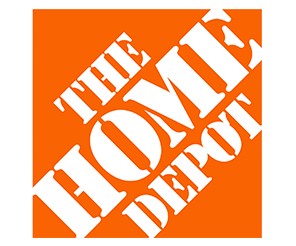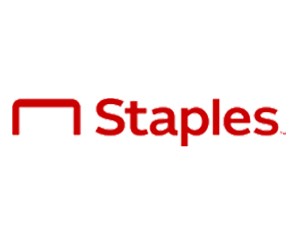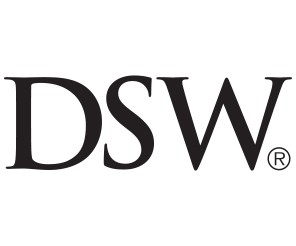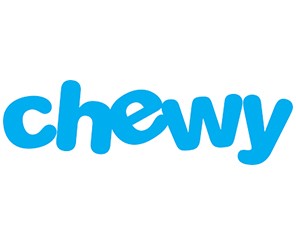US Markets Loading...
h
m
s
The growing reason people can't afford to own a home
The climate crisis is leading many insurance companies to raise homeowner premiums.
Inside Bill Gates' real estate portfolio, from a Seattle mansion to houses at some of the US's most exclusive clubs
Bill Gates is one of the country's top landowners and owns houses in Washington, California, Florida, and Montana. Here's a look at his real estate.
A top House Democrat wants to remove Trump's Secret Service protection if he's sent to prison
As a former president, Trump is currently entitled to Secret Service protection for life.
Here's what Apple will say if a US TikTok ban becomes law
Sometimes Apple (and other Big Tech companies) have to compromise to stay in business in other countries. It could happen in the US, too.
Video
New Episodes This Week
How my family of 4 overhauled our lazy budget to save over $450 a month. Offering our teenagers a share in the savings was key.
Over the last two years, our family has overhauled our budget, created important financial habits, and involved our daughters
Taylor Swift fans think new album tracks 'ThanK you aIMee' and 'Cassandra' are thinly veiled Kim Kardashian diss tracks
Taylor Swift appears to reference her feud with Kim Kardashian and her ex-husband Ye on "The Tortured Poets Department" tracks "thanK you aIMee" and "Cassandra" on "The Tortured Poets Department."
A dietitian who follows the Mediterranean diet shares 4 foods she always buys at the grocery store
A dietitian shares her grocery list for delicious, healthy meals on the Mediterranean diet, from protein-rich whole grains to a longevity superfood.
An agent explains the new fees homebuyers would pay after the real estate settlement
This New York real-estate agent isn't worried about sellers not paying commission. He's already implemented two new policies to replace those funds.





